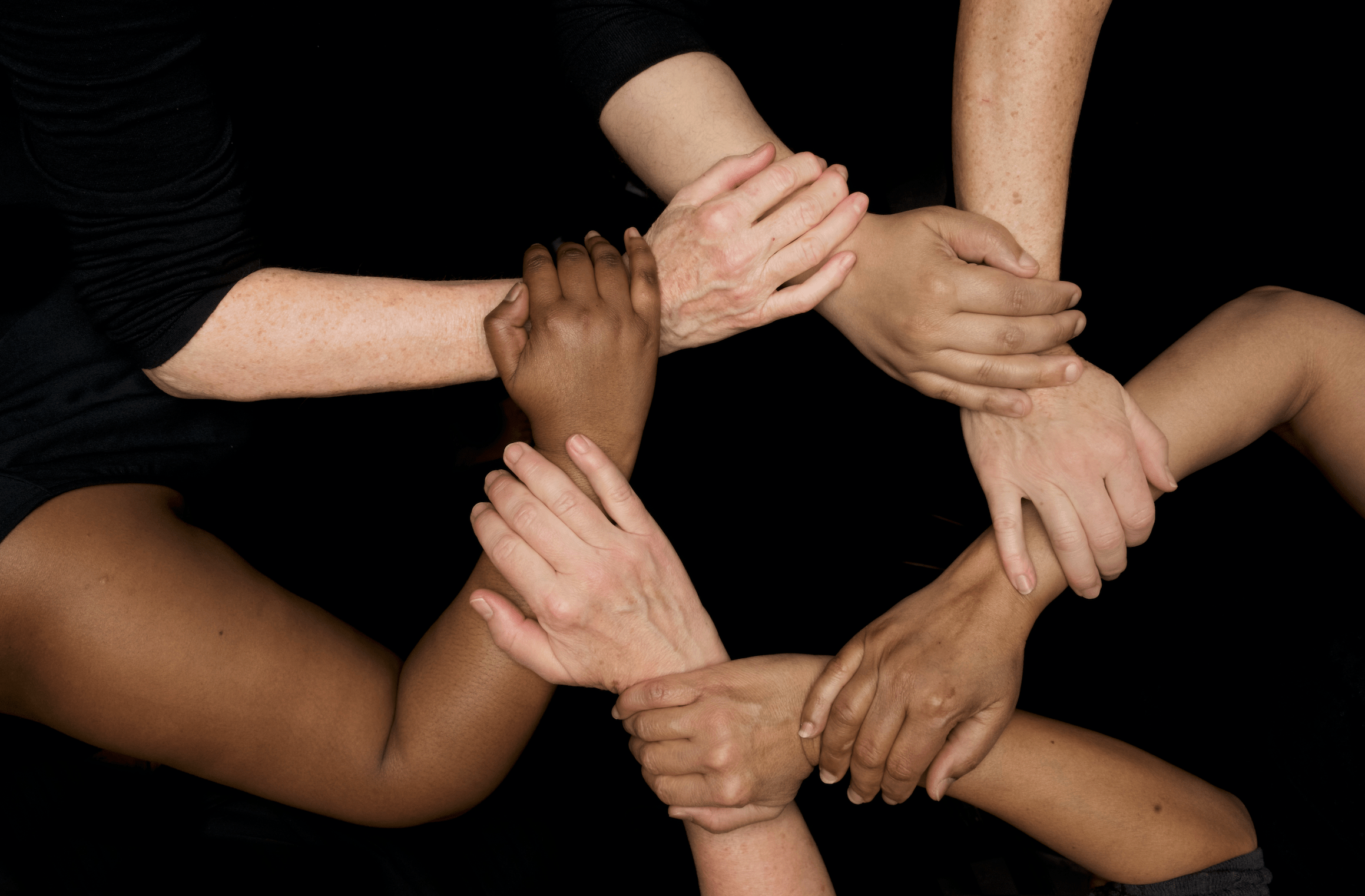by Jin H. Cho, Leader of the Revelation 7:9 Task Force
Since the Revelation 7:9 Task Force was formally announced last month, we received many words of encouragement (thank you!), as well as questions about the nature of our work (okay, time to roll up our sleeves!). So, in this, the first in a series of posts, we wanted to begin the process of describing what we want to be about, as well as provide some idea of what we’ve been working on. This will place some stakes in the ground for folks to interact with us. Our hope is that they will serve as starting points for generative conversations.
I want to begin this introduction, then, by sharing with you three key underlying affirmations about diversity that we found coming up in our Task Force discussions over the last few months.
1) Diversity is a kingdom value that ought to be pursued by all churches. Particularly for the North American context, we believe the primary manifestation of this diversity should be in the form of multicultural congregations. Very simply, this is how we understand the vision of Revelation 7:9, the inclusive and boundary-crossing description of “loving one’s neighbor” in Luke 10, “the broken dividing wall” of Ephesians 2, along with many other biblical witnesses.
To be clear, this is not meant to imply a “one-size-fits-all” answer to the complex reality of our congregational contexts. There are many valid socio-historical reasons for why a church might serve a predominantly single ethnic/racial group—safe haven for a marginalized group, hub for an immigrant community, etc. And there are places in our country where local demographics make diversity a challenge.
However, let’s be honest; these are not the situations in which most of us find ourselves. For the vast majority of the churches in America (and our diocese), diverse populations are within our reach. What most of us need, then, is to grow in our appreciation of racial diversity as a reflection of God’s kingdom reality. (And no, just having diversity in itself is not enough. But it is a starting point.)
2) There are profound spiritual benefits when people of different racial and ethnic backgrounds come together as community in a local congregation. Much more than pursuing diversity as a church growth strategy, or as an outreach plan, diverse congregations can better reflect the calling of the Church to be a community formed in the image of a trinitarian God.
We say this, in part, because it arises out of experience that from a pure “church growth” perspective, forming racially heterogenous congregation is actually harder than a homogenous one. But it is nevertheless a worthy pursuit. Just imagine—if more churches in America had been more intentionally diverse, could we not have been a more helpful voice in our present racial crisis, as a meaningful expression of a community of hope in an age of despair?
In other words, we ought to be diverse, not so much because our world is becoming diverse, but because our trinitarian God exists in relational diversity. To be human, made in the image of God, then, is to reflect this relational diversity, not only in its form, but in quality. (I realize I may be out of my lane here, so I ask for your generous reading!) To view humanity in this order is to realize that there is divine beauty when brothers and sisters of different ethne come together in faithful worship.
3) Moving our diocese toward a biblical vision of diversity requires simultaneous work in three overlapping categories of our diocesan existence—culture, congregations, and clergy. Our Task Force has realized that these three spheres must be thought about concurrently, as a diverse congregation would not be viable without diverse leadership, nor would a commitment to diverse leadership make sense in isolation from the community makeup. Moreover, a commitment to culture change without making explicit tangible goals of actual diversity undermines itself from the very outset.
This last point actually sets up the contours of our understanding of our work, which we will describe in future posts. I am cognizant of this being one of those situations where the details make all the difference. But I hope that this initial sketch is helpful.
Learn more about the Revelation 7:9 Task Force.
 The Rev. Jin Cho serves at Holy Trinity Church in Costa Mesa, California as a priest. He received his doctorate of ministry from Fuller Seminary, writing on “Race, Evangelicalism, and the Local Church.” He has 20-plus years experience as a pastor and a church planter, but in recent years consults with churches and non-profits to have courageous conversations around various justice issues. He and his far more interesting wife Esther will celebrate their 25h anniversary next year, and they have two extremely extroverted middle-schoolers.
The Rev. Jin Cho serves at Holy Trinity Church in Costa Mesa, California as a priest. He received his doctorate of ministry from Fuller Seminary, writing on “Race, Evangelicalism, and the Local Church.” He has 20-plus years experience as a pastor and a church planter, but in recent years consults with churches and non-profits to have courageous conversations around various justice issues. He and his far more interesting wife Esther will celebrate their 25h anniversary next year, and they have two extremely extroverted middle-schoolers.

